Preparing for SQE1 or SQE2? Our dedicated resources are here to help you succeed:
It has already been almost five years since I passed the QLTS OSCE and established the course to help prepare aspiring solicitors for the QLTS OSCE / SQE2 assessments. During those years we have helped candidates with very different backgrounds and objectives to pass SQE2 or OSCE and become solicitors of England and Wales, such as:
- foreign-qualified lawyers from civil or common law jurisdictions, with or without a UK LLM qualification;
- British LPC graduates who managed to pass the New York or California bar exam; and
- non-British LPC grads qualified in other jurisdictions.
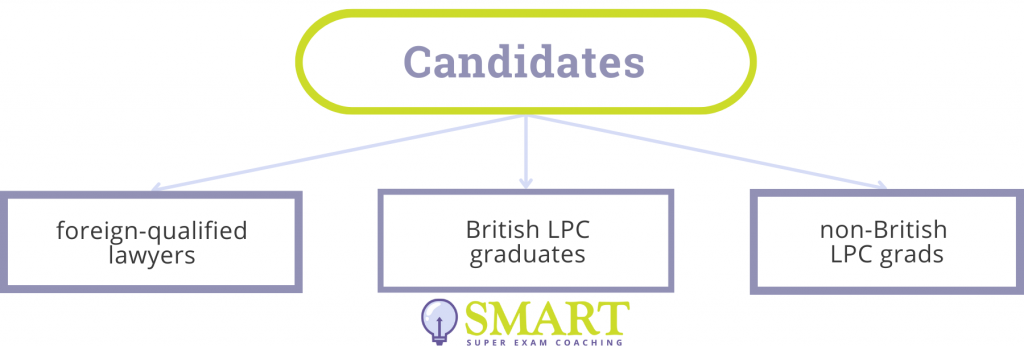
Another substantial group of the candidates we have supported consists of resitters – those who failed their first, second or even third attempt of the QLTS OSCE, the precursor to the SQE2.
In this article, I intend to advise those of you who decide to use the SQE route to becoming a solicitor, but have either already failed it or are at risk thereof. Here, we will guide you on how to pass the SQE2.
As we are not a big brand like UoL, BPP, BarBri or even niche QLTS provider QLTS School, we have had to focus primarily on the quality of our training, looking for the best ways to help SQE2 resitters who could not pass the solicitor exam otherwise. In particular, we have worked a lot with resitters, including some LPC grads. We found a way to help many civil-law-qualified foreign lawyers, a bulk of whom were QLTS/SQE resitters – for example:
- lawyers from China for whom passing this assessment is a much more difficult task due to language and cultural differences;
- those with limited or very different experience from the UK legal work environment; or
- qualified lawyers after a certain age, which objectively affects learning abilities.

Check the TESTIMONIALS. Learn effective strategies for passing the SQE2 with confidence.
Here is the experience of Nana from Georgia, who passed the QLTS OSCE on her second attempt and successfully overcame her previous “QLTS OSCE / SQE 2 failed” result.
Our initial intent was to avoid using Google Ads or similar services, but rely instead on word of mouth as our main advertising strategy: students spreading information about us and sending their friends and colleagues who were also struggling to clear the QLTS/SQE2, even though they may have already subscribed to several QLTS/SQE2 training providers. The new SQE route is even more challenging for resitters, since candidates now have a limited number of attempts: no more than 3 resittings in 6 years are permitted for the SQE qualification. There were no such limits for the QLTS. We also know that some unsuccessful QLTS candidates happened to lose their jobs in UK law firms due to failing the exam.
So, what is the key to success in the SQE2 simulation-based solicitor exam or how to pass the SQE2? The answer is very simple: when in Rome, do as the Romans do – i.e. prepare via SQE2 1-to-1 mocks with individual feedback under similar conditions as the SQE2 exam. Let’s consider this prep strategy for the Solicitor Qualifying Exam in more detail.
How To Pass SQE2 Exam: SQE Resitting
In SQE2, candidates are assessed in five areas of law/contexts, and in the same skills that are taught in LPC courses:
- SQE2 contexts: Criminal litigation; dispute resolution; property practice; wills and intestacy, probate administration and practice; and business organisations, rules and procedures.
- SQE2 skills: Client interviewing and attendance note/legal analysis; advocacy; case and matter analysis; legal research; legal writing; and legal drafting.
All the SQE2 assessments are time-framed simulations of situations that solicitors will encounter in practice. They are marked by professional assessor-solicitors based on their professional judgement. The overall result is either pass or fail, and the passing mark is determined based on a comparison of each candidate’s performance within a particular SQE group of aspiring solicitors and qualified lawyers, who are thus essentially competing against each other.
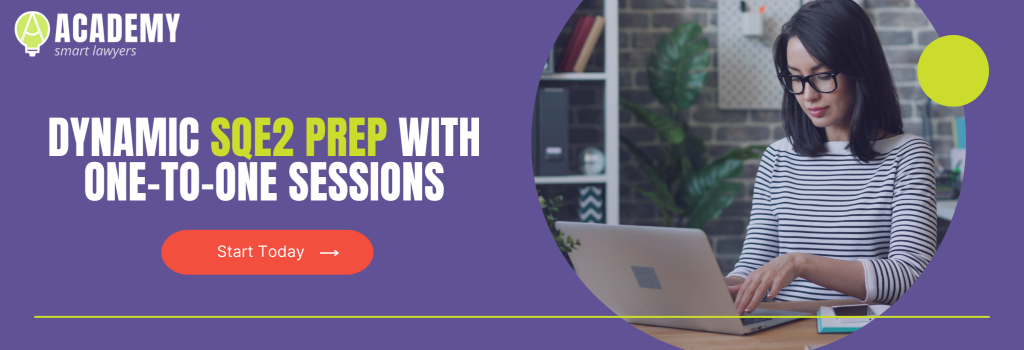
From a legal knowledge point of view, each Solicitor Qualifying Exam paper has the following aspects to consider:
- There are many legal issues to cover, including substantive law;
- Those issues are unflagged and the aspiring solicitors need to identify and qualify them, i.e. explain and apply;
- All this has to be done in a limited window of time – so short that you do not really have time to think much.

From a non-legal marking perspective, you should also take into account the following:
- SQE2 is still an exam and it is different from real-life practice, so you should understand how it is handled and assessed;
- In contrast to SQE1, it is a very complex exam that requires specific exam techniques;
- Stress resistance should be a part of your prep, otherwise it may prejudice all your efforts.

SQE2 Mocks: Law Aspect
The SQE2 law mark is based on two criteria:
- Correct application of the law; and
- Comprehensive application of the law.
This does not mean that Kaplan (the SQE assessment provider) has some ideal correct answer for each SQE2 paper with an exhaustive list of legal points to cover. No, the SQE law exam does not work this way! Even the SQE2 sample questions from the SRA provide for two suggested answers, and those answers are only “suggested”. There are of course right and wrong answers, but the key here is “application of the law” to a practical scenario with a range of qualifying facts, and this is how the correct or incorrect answer is determined by the assessors.
This is to say that passive SQE preparation based solely on self-assessment against given suggested answers is not effective.
Even if you go through a bank of thousands of such SQE2 mock stations and everything looks clear, it does not guarantee that you actually understand the underlying law. You still can easily fail the SQE2 exam paper that assesses the same topics within the same legal contexts, primarily because of a lack of comprehensive understanding. In order to understand me better, please take a look at the exam methodology.
The legal profession is all about forming your own judgement and arguing your own case in your own way. The SRA architects of the Solicitor Qualifying Exam have expressed in numerous webinars that it is part of the process of becoming a solicitor and your SQE2 preparation should be coming from actual practice as a part of your training. This is how you learn to form your opinion and approach based on different cases that you face in practice, and consequently develop your ability to apply the law correctly. Real-life practice is simply a part of the solicitor qualification route.
Our training approach is based on active teaching, where a tutoring solicitor, who is a qualified lawyer and well acquainted with particular scenarios and has the respective expertise, will provide you with individual feedback. Again, it is not about your mark, it is about determining gaps in your knowledge which you simply cannot see because those are your own gaps.
The ultimate goal of each of our actively-taught SQE2 mock tests is to determine gaps in your knowledge by observing your application and then provide you with further guidance as to the further revision you need to do throughout your SQE route.
Our mocks for SQE qualification can be roughly divided into two categories:
- Exam-level difficulty; and
- Advanced-training SQE2 one-to-one mock stations.

The exam-level mocks are of the same level of complexity as an average SQE2 assessment (comparatively easy) and these are intended to assess your readiness (on the Superexam platform, these are marked up with three stars).
But our main training is based on advanced complex mock simulations. Each of these mocks cover various multiple legal issues within the same practice area, covering maybe a bulk of the topics in which you may be assessed.
These are much more difficult than the actual SQE2 assessment, but they make it possible for us to better assess your knowledge and give you more informed guidance for further revision.
Via this challenge, we make you learn from your own mistakes and build up on your understanding of the law. So, handling for example 15+ individually-marked mocks gives you the opportunity to revise and deepen your understanding of many legal concepts that you will face in some way in the exam while pursuing this solicitor route. These advanced mocks are especially relevant for stations like the client interview, advocacy, case and matter analysis, and legal writing, due to their broad nature. While legal research and drafting are more niche sessions, you will still learn a lot from them and they will make your understanding of each area of law more complete and clear. Plus, it is an interactive and exciting process which could be considered almost like an SQE study “game” for the solicitor exam.
The paralegal route to becoming a solicitor may differ from firm to firm. Even if you have enough practical experience, it is unlikely to cover all five practice areas, like the training contract route does. LPC grads and paralegals with inappropriate legal practice experience who have chosen to qualify via the SQE route should undergo quite intensive training via mocks in order to cover their lack of experience. Alternatively, you may consider other ways to qualify as a solicitor in the UK e.g. the training contract route.
SQE2 Mocks: Non-Law Aspect
From a non-legal point of view, there are two key things to consider:
- Non-legal marking criteria assessed in the SQE2 exam;
- SQE2 exam techniques and understanding how to approach it.

Primarily, you should know very well how you will be assessed and what the criteria are for each SQE2 assessment. This is something that you cannot simply Google. It took me a long time and a painful process to discover – I failed my first attempt and it was an expensive and unpleasant way to learn about the Superexam and the SQE requirements.
It was back in 2015 when I sat for the first time without the help of any training provider. I knew from my QLTS friends that there was no good training for the second assessment (QLTS OSCE) at that time, even though that was not the case for the first multiple-choice exam. Plus, I was an LPC graduate and decided to rely on the knowledge and skills I had gained during the course. This was my mistake, not because there was something wrong with my LPC, but because the exam itself is of a much higher standard.
Many of the legal issues covered in my first attempt were simply not covered in the LPC. The level of the skills assessed in the exam is also of a much higher level: newly-qualified as against trainee solicitor.
For example, I didn’t even know about the existence of certain forms which I was asked to complete in the drafting exams. The interviews were also a big challenge due to the excellent role-play of the actor-assessors and the complexity of the scenarios, so it was really a problem even to simply collect the facts, which directly affected my further analysis. I was overconfident and paid a big price for it; on the other hand, though, there were no suitable services in the market applicable to my background. I also realised that I wasted a lot of time on something that was not even assessed in the exam instead of focusing on the marking criteria. In 2016, after the SQE2 reattempt, I managed to pass the exam, scoring 80 without any specific training which would certainly have topped up my mark. It was this experience that led me to establish the Academy of Smart Lawyers (OSCEsmart) to offer other aspiring solicitors the kind of help that I didn’t have access to.
During the last five years, I also invited the most talented of our students to help with the training. Each of them have their own exam experiences and tips, but we all share the same methodology at the core: mock simulations with individual feedback. It is an interactive and fun process during which you will meet many of our tutors who have a lot of tips to share, as they themselves have already cleared the exam. Through this approach, the process of becoming a solicitor is like a game where you are trained to pass the exam, especially beneficial for SQE retakers.
Even just a couple of live mocks can help you in the assessment – you could observe dozens of workshops, lectures and materials, but this won’t make you able to do it yourself – it would be like learning how to swim from a lecture or manual (especially taking into account that those materials are often delivered by someone who has never passed the exam). So, handling just a few live mocks may not teach you much of the law, but you will learn what to expect and how to handle the SQE2 exam, including controlling your own emotions. You do not have to purchase a full package, you can just try as many stations as you wish.
It is worth spending a couple of hundred pounds, as resitting SQE2 will cost you much more money, plus maybe even a job or your reputation.
Despite putting in significant effort, some individuals may find themselves in a situation where they have not achieved the desired outcome and have unfortunately the “SQE2 failed” result. Retaking the SQE2 assessment may initially feel disheartening, but it is essential to recognise that it is not the end of the world.
In order to facilitate administration of the course and to be able to serve a bigger number of the aspiring solicitors pursuing the SQE route, including SQE2 resitters, we have developed an interactive Superexam platform that makes your preparation super flexible.
You can start training at any moment, even during your SQE1 preparation, which would make your learning more solid and help to minimise the time gap between the SQE1 and SQE2 exams. This training can be done supplementarily to other law courses or as a part of self-paced learning.
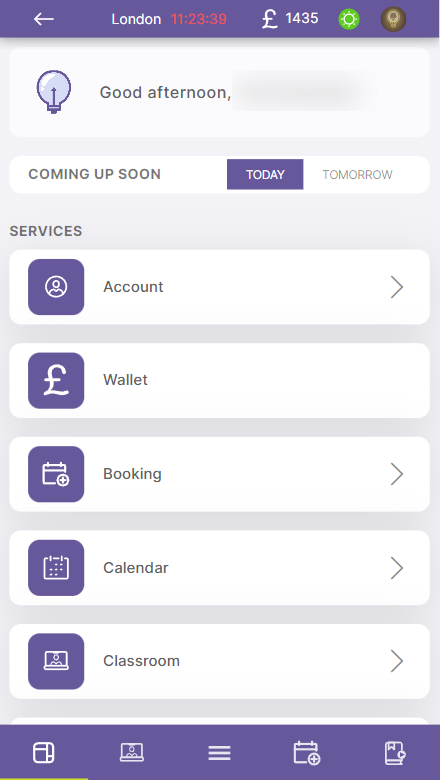
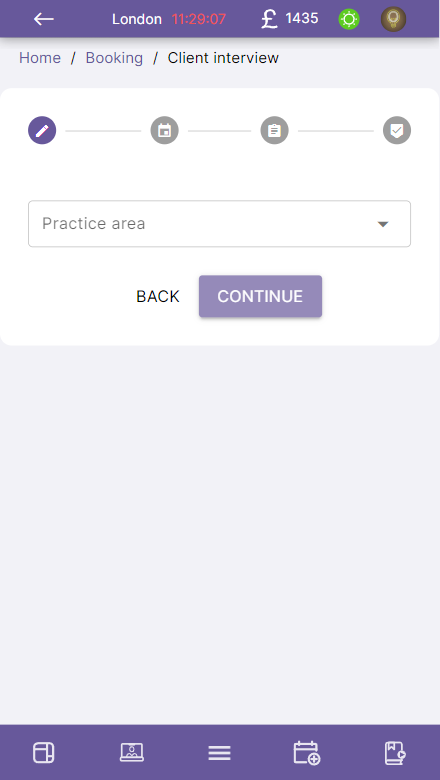
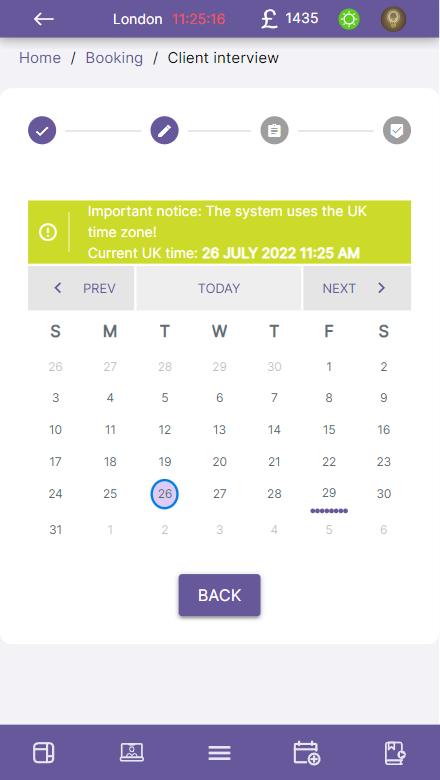
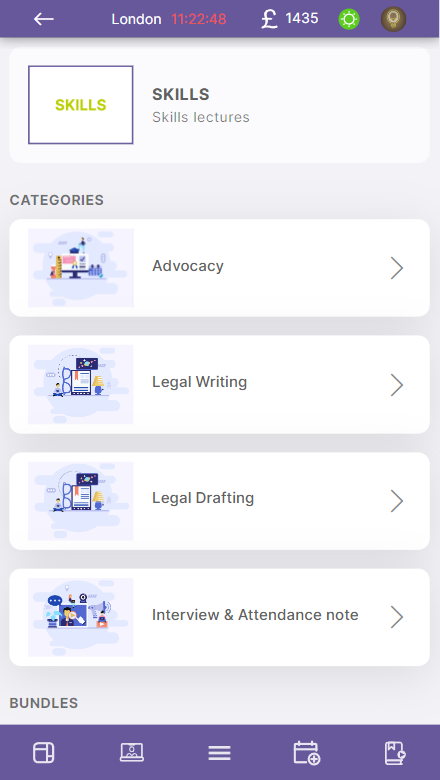
We have developed a SQE preparation planner to help those going through the SQE route to make their own study plans that can be integrated with Google Calendar, Outlook and iOS. In order to test the quality of our service, aspiring solicitors can simply purchase a single mock simulation and compare with other providers, forming their own judgement. We aim to help those who have chosen the SQE exam from the other routes to qualify as a solicitor. If you’re ready to embark on your SQE journey or are looking to retake the SQE, we invite you to check out our pricing and register today.